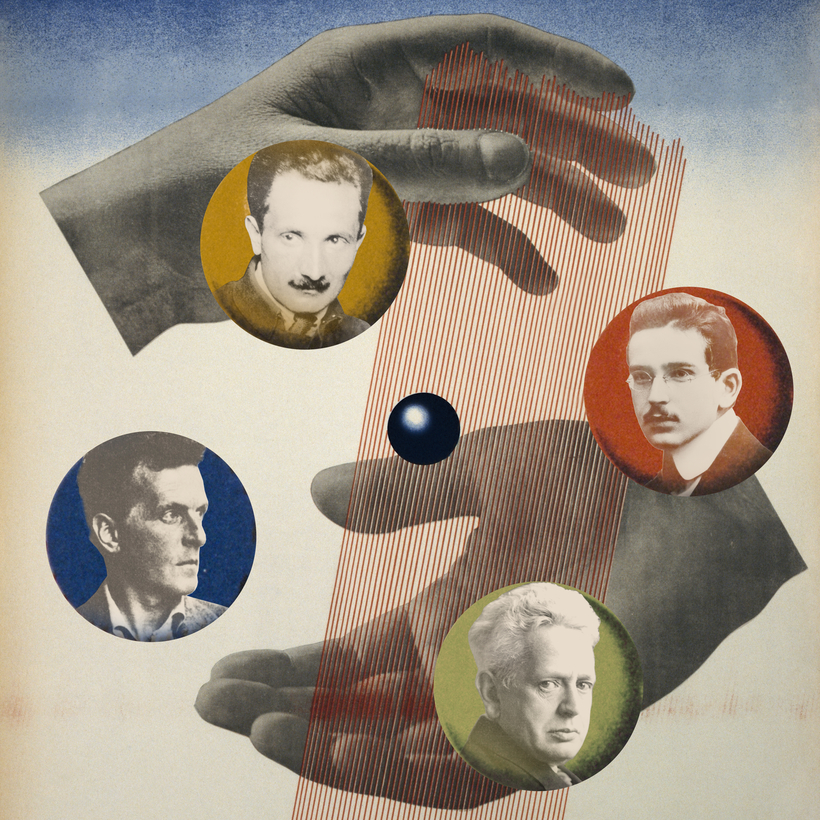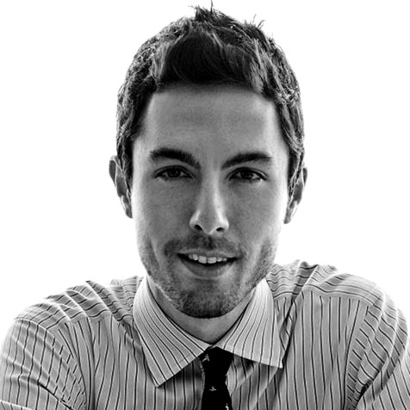Like Treslove, the protagonist of Howard Jacobson’s novel The Finkler Question (2010), every few years I take up philosophy. The results are, well, Treslovian: “These attempts at self-education always worked well at first. The subject wasn’t after all difficult. He could follow it easily. But then, at more or less the same moment, he would encounter a concept or a line of reasoning he couldn’t follow no matter how many hours he spent trying to decipher it. A phrase such as ‘the idea derived from evolution that ontogenesis recapitulates phylogenesis’ for example, not impossibly intricate in itself but somehow resistant to effort, as though it triggered something obdurate and even delinquent in his mind.”
Wolfram Eilenberger’s group biography exploring 1920s metaphysics, Time of the Magicians, was, I am relieved to say, written for the pleasure rather than the punishment of its reader. (His epigraph is from Goethe: “The best that we have from history is the enthusiasm it stimulates.”) The heroes are (fabulously eccentric) human beings, and their ideas are born of human experience. The preface of Ludwig Wittgenstein’s Tractatus Logico-Philosophicus (1921)—which served as the Austrian’s Cambridge dissertation—suggests Eilenberger’s challenge: “This book will perhaps be understood only by those who have already thought the thoughts which are expressed in it—or similar thoughts.”


